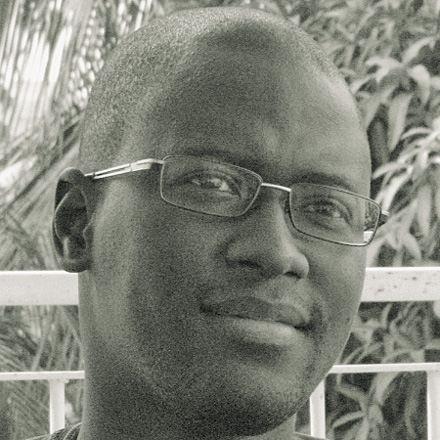Self-employment
Nobody becomes somebody
By Peter Musa
Affordable Chinese-made motorcycles recently have flooded the Cameroon market, empowering lots of people who previously had no work. Many young men, including university graduates as well as school drop-outs, skilled technicians as well as untrained workers, are now offering motorised taxi services. Their job is called “Achaba” or “Akada”. To all of them, the future looks brighter than earlier.
The Achaba business is flourishing all over Cameroon. One example is Kumbo, the urban centre of the Bui Division of Cameroon’s North West region. With a population of about 150,000, Kumbo today boasts at least 3000 Achabas.
Divine Suiven is a handicrafts artist who got into the motorised transport business last year. He says it is lucrative. “You don’t have to purchase goods and wait for customers to come and buy, all you need to do is make sure your bike is in good condition and there is fuel in the tank,” he says. “If that is the case, you can make money as long as the wheels turn.”
Suiven still does artwork when he gets a commission. On Sundays, he goes to minister as an evangelist. Achaba riders are building homes, marrying wives and some are even spending money on their younger siblings’ education.
Demand for their services is strong. Achabas are cheaper than car taxis and much faster and more comfortable than minibuses. Accordingly, Achaba operators who own their bikes are known to be making good money.
Some are so successful they can afford to buy a second or third motorcycle, which they give to their brothers or cousins to operate. During the three-months long summer break, many students engaged in the Achaba business. Their motivation was to raise and save money for the school year.
Not everyone is happy, however. Some people have invested in motorcycles and now depend on young men to ride them and generate revenue. Many bike owners are disappointed and feel cheated by those who operate their vehicles. Apparently, many young men are not honest and pocket an oversized share of the money themselves.
There are other downsides. Dangers include unlicensed riders, inadequately equipped bikes, reckless speeding and ignorance of the highway code. Horrible accidents have occurred. And in any case, Achaba work is tiresome as most of the roads in Kumbo are earth roads.
On the upside, crime has declined in Kumbo, and people feel this trend is related to the Achaba revolution. In the past, there was a lot of theft and robbery, and many residents of Kumbo lived in fear. Today, however, young men who are desperate for money are more likely to become Achaba riders than to engage in criminal activities.
No doubt, the Achaba business is here to stay. The good news is that it has raised many young men from a “nobody” to a “somebody” status.











